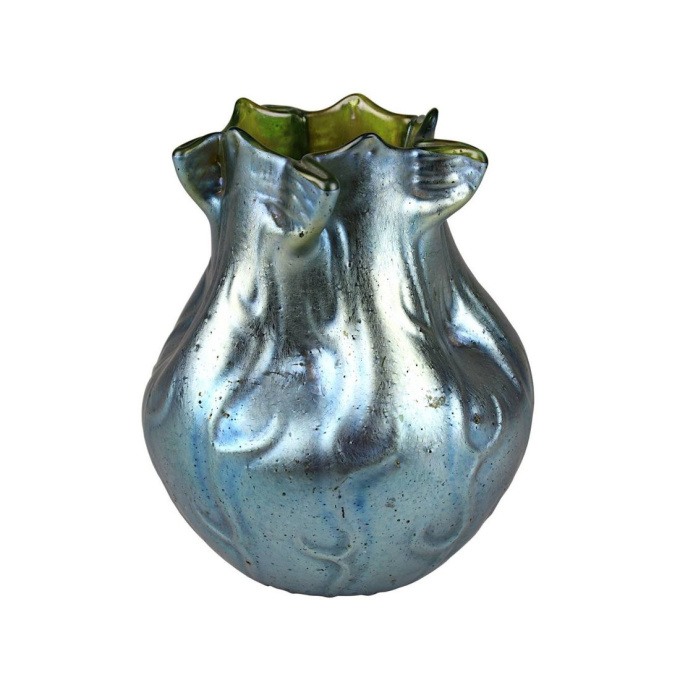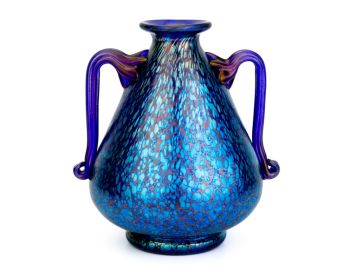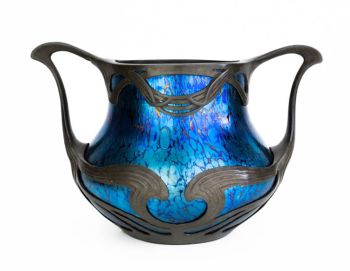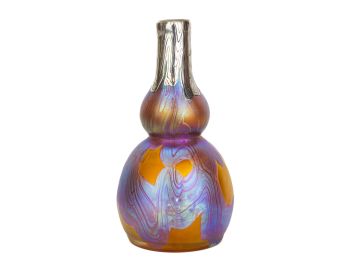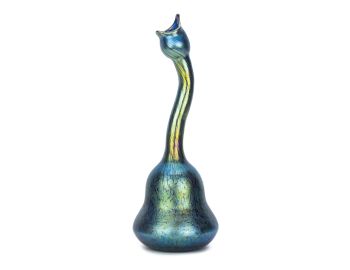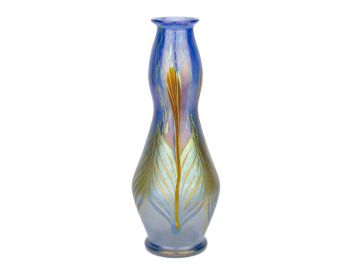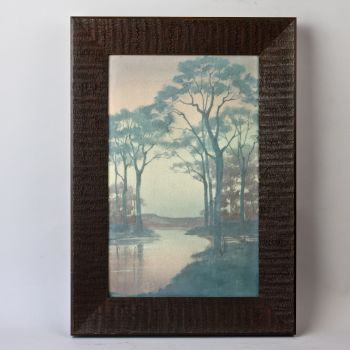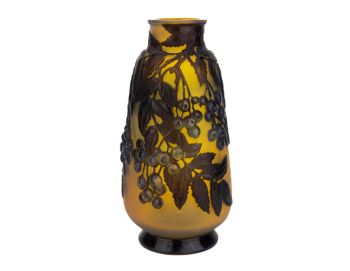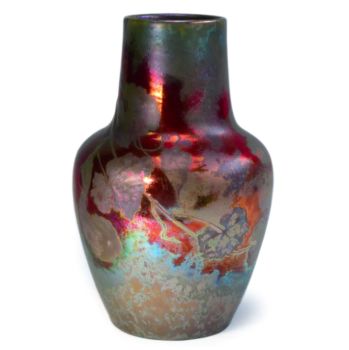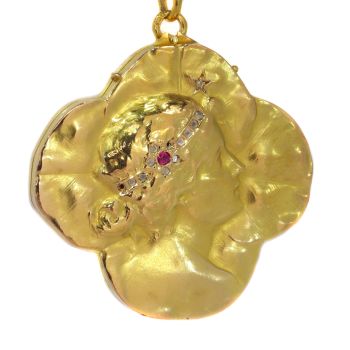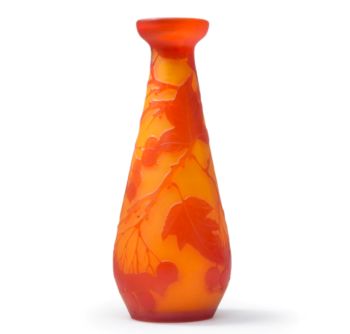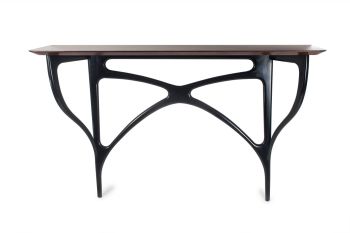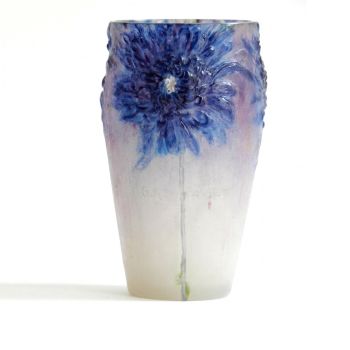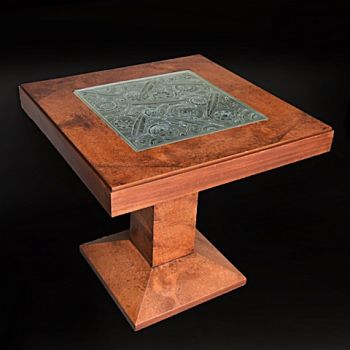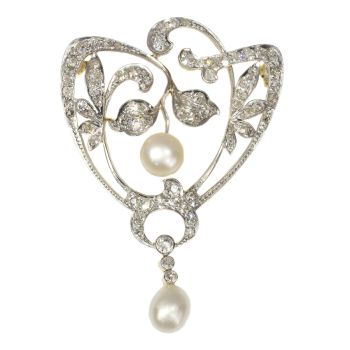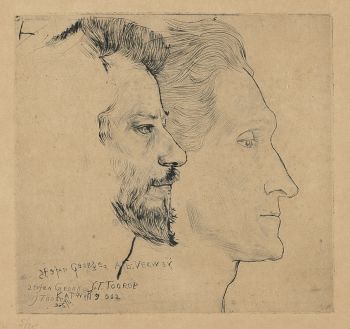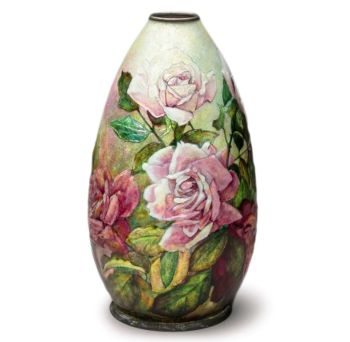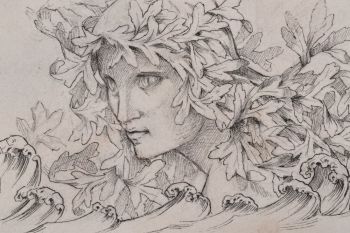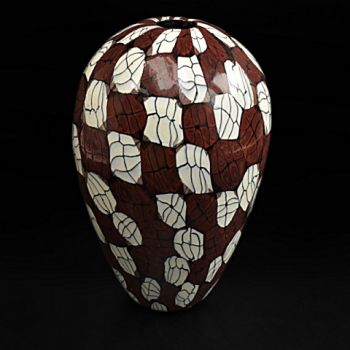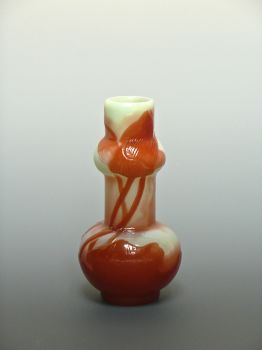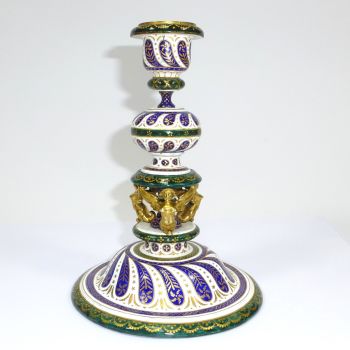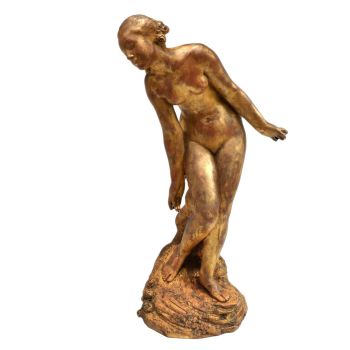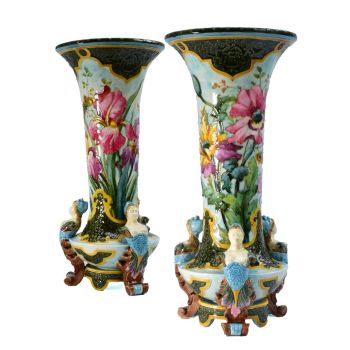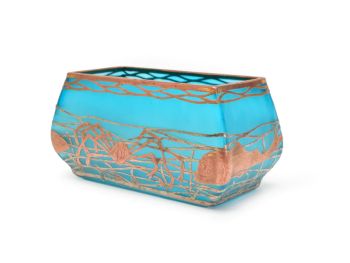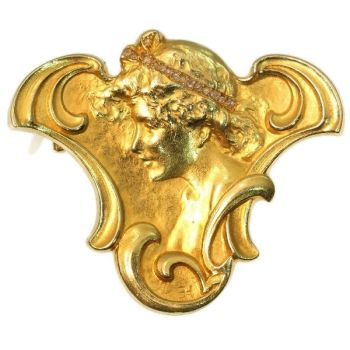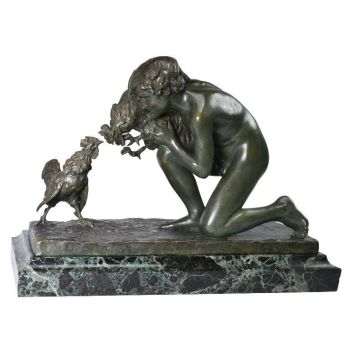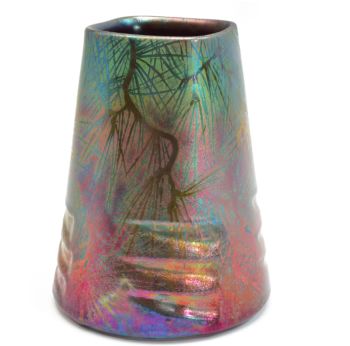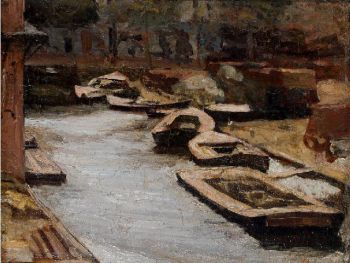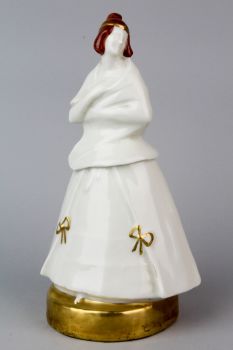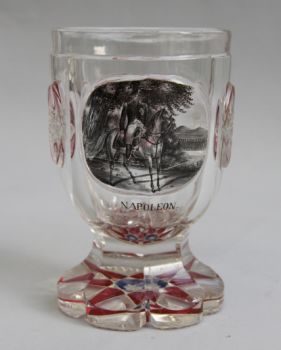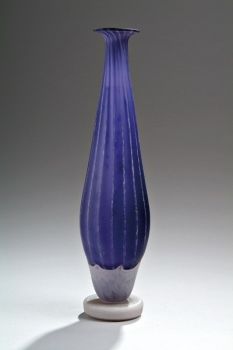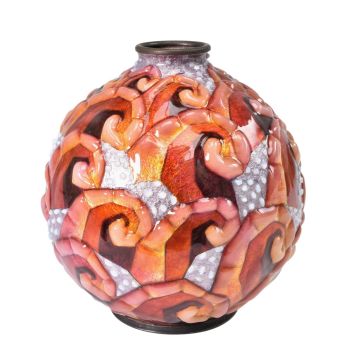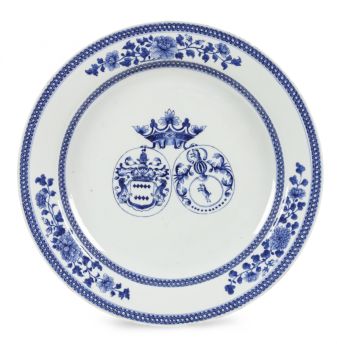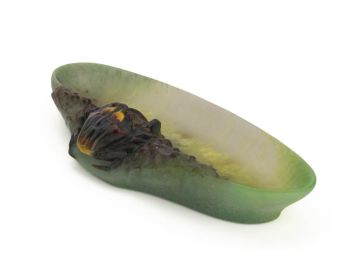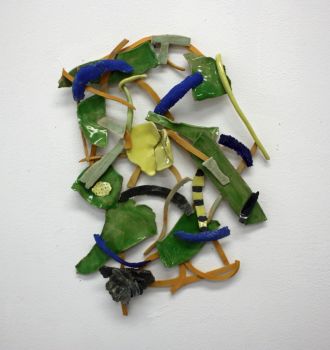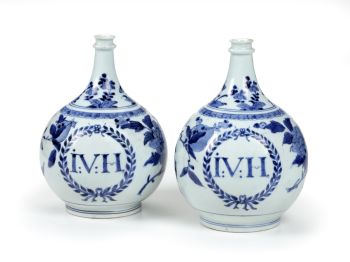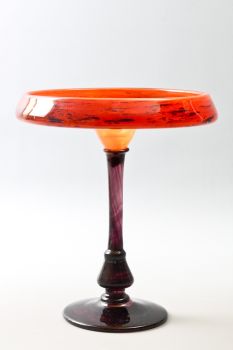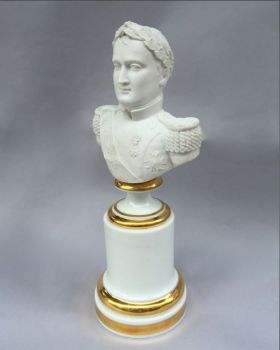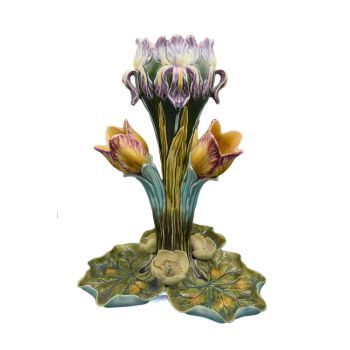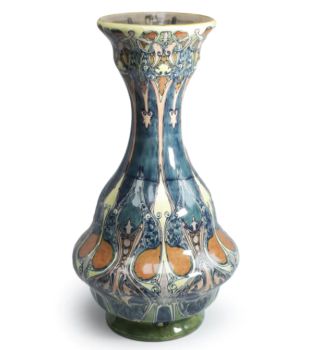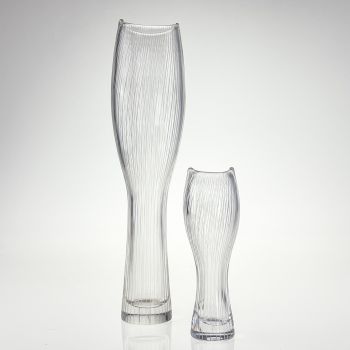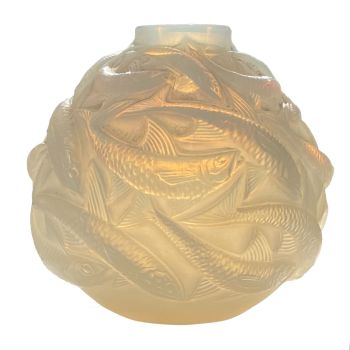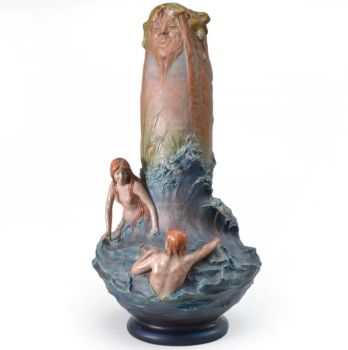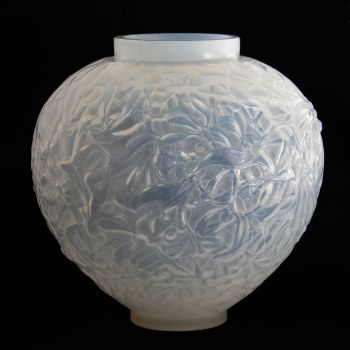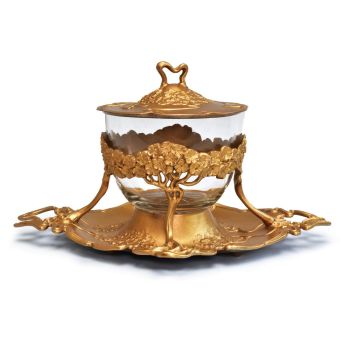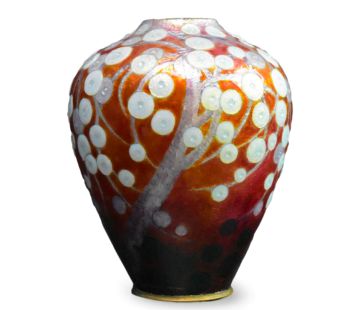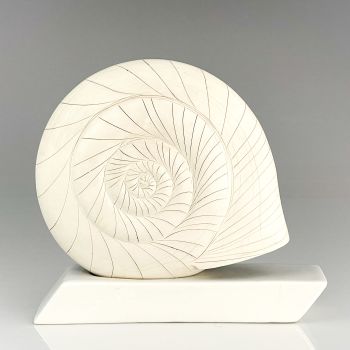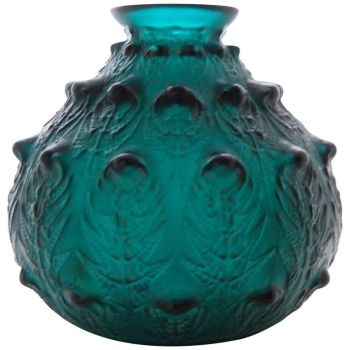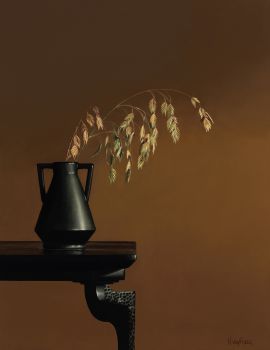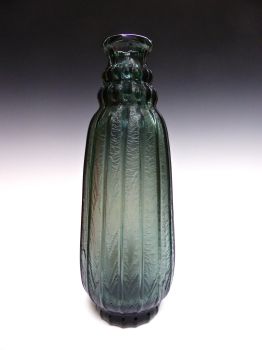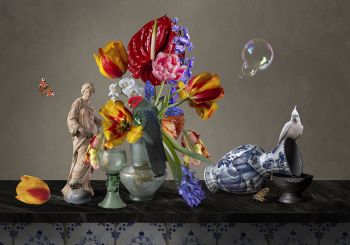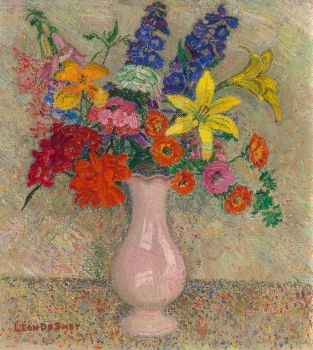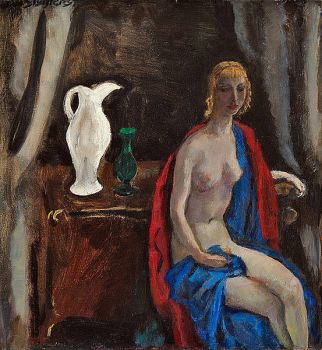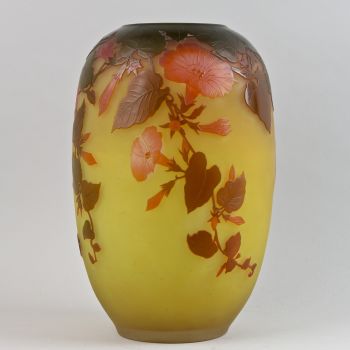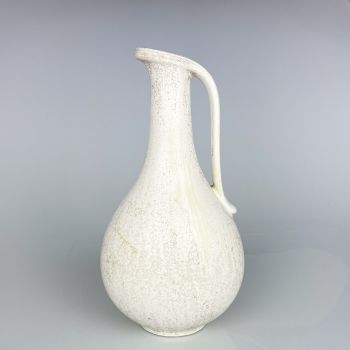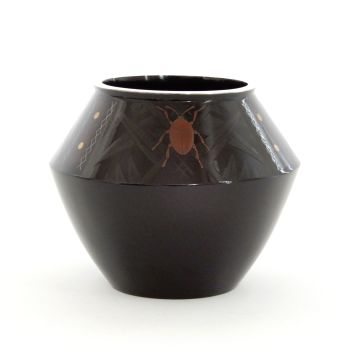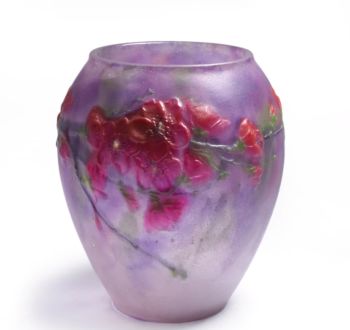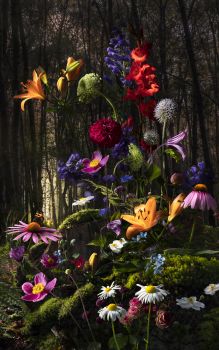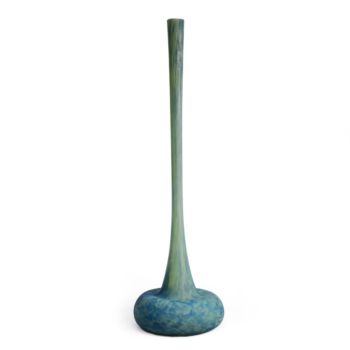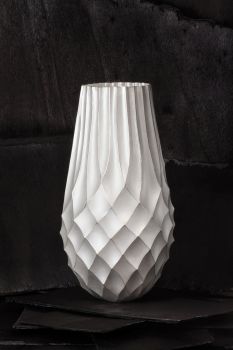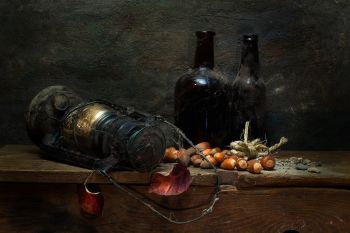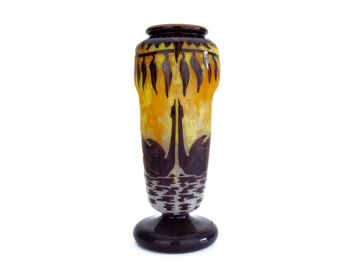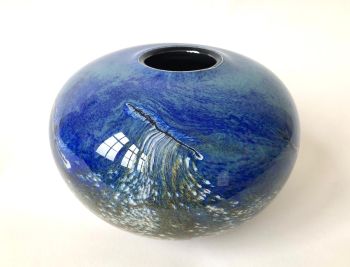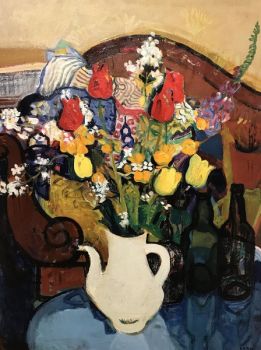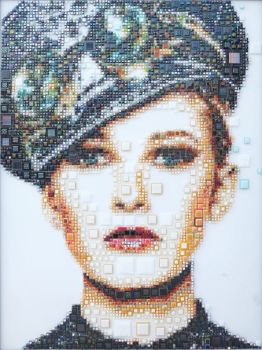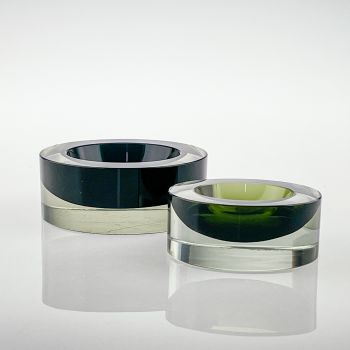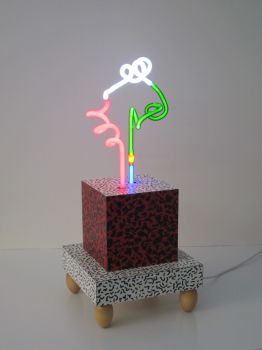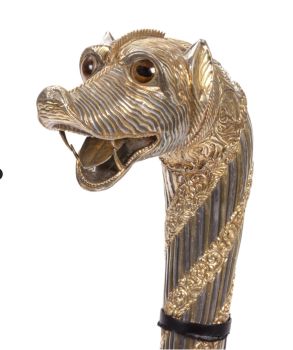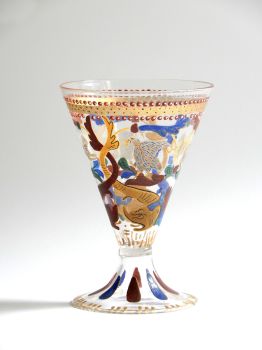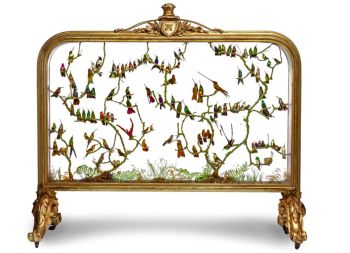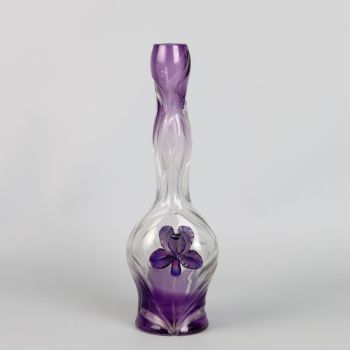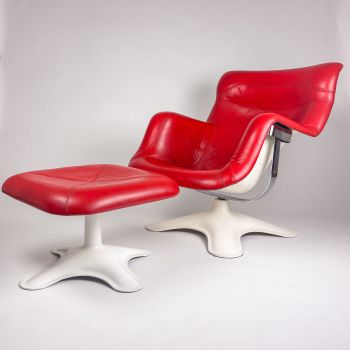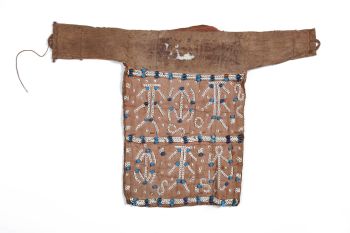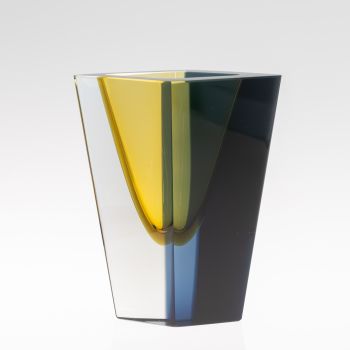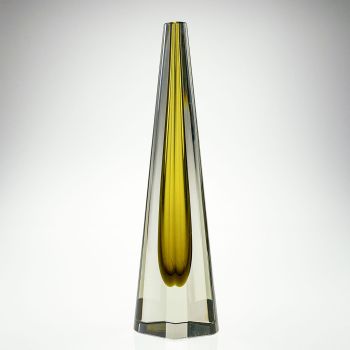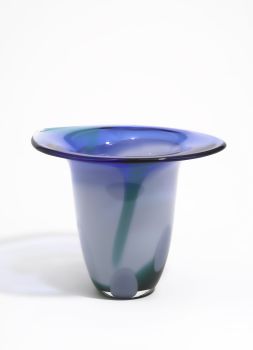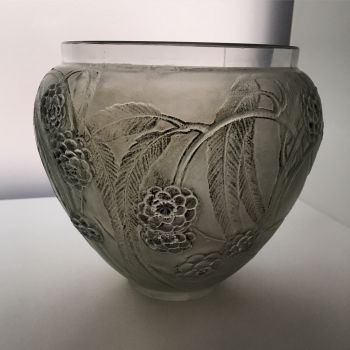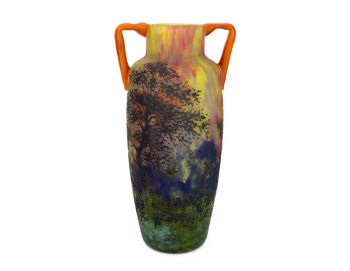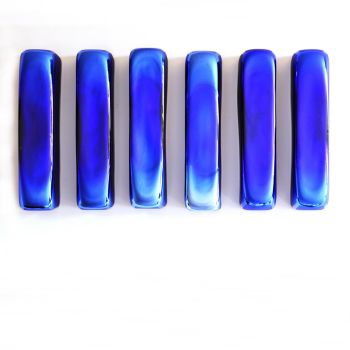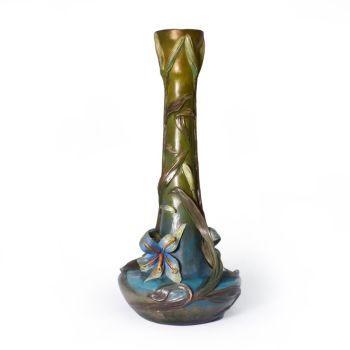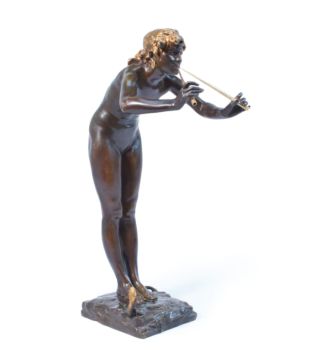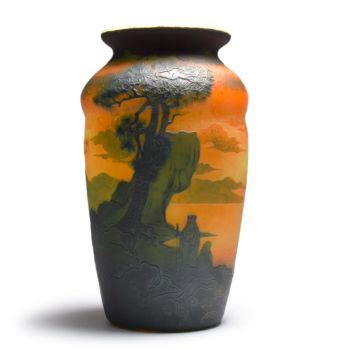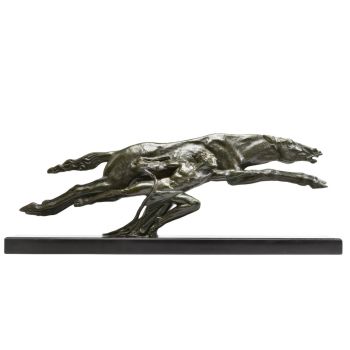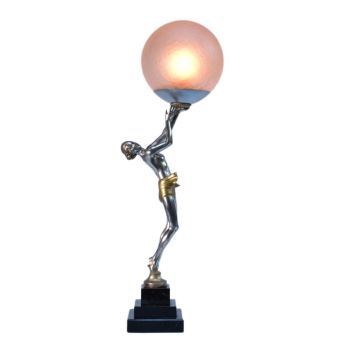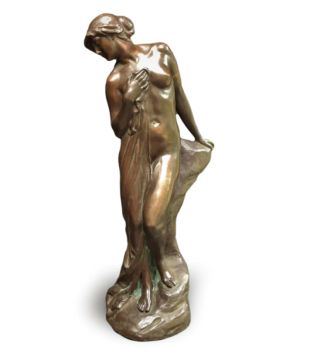'Neptun' 1900
Johann Loetz (Lötz) Witwe Klostermühle
Glass
11 ⨯ 10 ⨯ 10 cm
€ 950
Het Ware Huis
- About the artwork'Neptun'
1900, Austria
Normale prijs
€950,00 EUR
Loetz glas is vermaard om zijn iriserende reflecterende metaaloxide effecten. Vergelijkbaar met een dun olielaagje op een plas water. Dit effect paste ook perfect in te tijdsgeest van rond 1900. Het heeft iets mysterieus en feeërieks. Dat dit glas ook heel veel vakmanschap vereiste met handmatig vrij gevormde modellen, maakt ze ook vandaag nog gezocht en adembenemend. Dit decor van Loetz heet Neptun. - About the artist
Lötz/Loetz was founded by Johann Lötz in 1840 and was a company based in Bohemia, in the Czech Republic, at the time Lötz belonged to the Empire of Austria-Hungary. In 1879, a grandson of Lötz, Max Ritter-Von Spaun, took over the business from his grandmother and kept the name Joh. Lötz Witwe.
From that moment on, Johann Lötz Witwe really started to make a name for itself, they developed new innovative glass techniques, but their design and bright colors were also completely innovative. They designed special shapes and vases, luxury items, which they sold in luxury shops in Vienna, Berlin, Hamburg, Paris, London, Milan, Brussels and Madrid. It soon made them very well known and famous.
It was the period that Art Nouveau or as it was called in Germany Jugendstil flourished. They used organic shapes, nature was their example, also for Lötz, they developed beautiful decors, resembling butterfly wings, such as the papillon decor of this vase, often the shapes were formed organically by using tongs to shape the hot glass unevenly , as also flowers are formed. But also an octopus or sea shells were taken as examples for their special vases and decors.
Lötz participated in all kinds of World Exhibitions, including the famous World Exhibition of 1900 in Paris where they won the Grand Prize. They were awarded numerous prizes for participation in World Exhibitions. Max Ritter von Spaun also received special awards for his contribution to the glass industry, in 1883 he was allowed to use the Imperial eagle in their shield and seal, they were also allowed to use K.K. Put Private Glass Factory in front of their name. In 1889 he also received a knighthood from Franz Josef. But other royal houses were also involved. He received the Belgian Order of Leopold and the honorable French Legion d'Honneur.
Their designs were popular, also in the United States. Tiffany worked with Lötz on the Favril set. Lötz patented some of their special techniques, such as the one they used to make the Phänomen decor. They were able to make iridescent glass. In short, Lötz had become a household name. And it still is.
Lötz also worked closely with other glass manufacturers such as J.&L. Lobmeyer and E. Bakolowits Söhne in Vienna and with Argentor. In addition, Lötz worked closely with various artists, such as Josef Hoffmann, Koloman Moser, Franz Hofstötter, Michael Powolny and other artists from the Wiener Werkstätte. Michael Powolny was responsible for the much tighter tango vases of the 1920s.
The First World War and the end of the Austrian Empire meant a difficult period for Lötz.
Lötz existed until 1940, after a bombing raid the factory was completely burnt down. After WWII, the Czech Republic belonged to the satellite states of the Soviet Union, the factory was nationalized until it was finally closed in 1947.Lötz glass is still very popular and is collected worldwide, in addition, their oeuvre can also be found in many museum collections.
Are you interested in buying this artwork?
Artwork details
Related artworks
Johann Loetz (Lötz) Witwe Klostermühle
Johann Loetz Witwe – Jugendstil Cobalt Papillon vaas1900 - 1910
Price on requestAntiques Emporium
Johann Loetz (Lötz) Witwe Klostermühle
Johann Loetz Witwe - Phänomen Genre 7773 – Orange1900 - 1910
Price on requestAntiques Emporium
1 - 4 / 7- 1 - 4 / 24
Amalric Walter
Amalric Walter & Henri Bergé – Crabe plumier1920 - 1929
Price on requestAntiques Emporium
René Lalique
A very rare deep green ‘Fougeres’ Vase designed by R. Lalique1912
€ 8.950Lennart Booij Fine Art and Rare Items
 Curated by
Curated bySilla Scheepens
1 - 4 / 24Unknown artist
Japanese art deco lacquervase with Scarab beetle motif1920 - 1950
Price on requestDille Art
Unknown artist
A Japanese bronze Hu flower vase, Edo / Meiji, 19th century19th century
Price on requestMenken Works of Art
Johann Loetz (Lötz) Witwe Klostermühle
Johann Loetz Witwe - Phänomen Genre 7773 – Orange1900 - 1910
Price on requestAntiques Emporium
1 - 4 / 24Unknown artist
An Indian part-gilt silver-clad ceremonial sceptre or mace with a tiger’s head1850 - 1900
Price on requestZebregs & Röell - Fine Art - Antiques
 Curated by
Curated byDanny Bree
Frères Daum
Daum Nancy – “Paysage Soleil Couchant” vase with two applied handles1900 - 1910
Price on requestAntiques Emporium
1 - 4 / 24- 1 - 4 / 12

